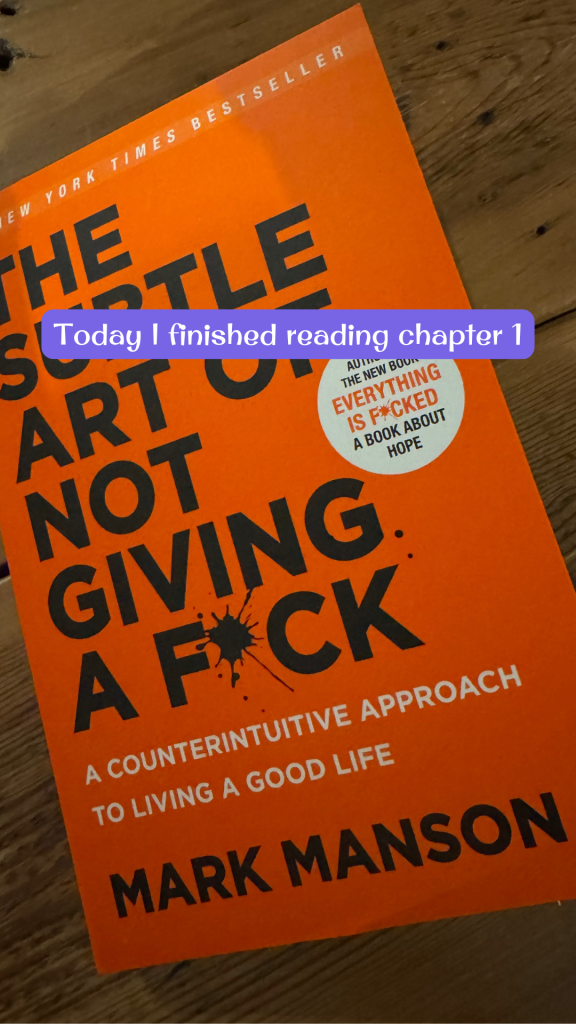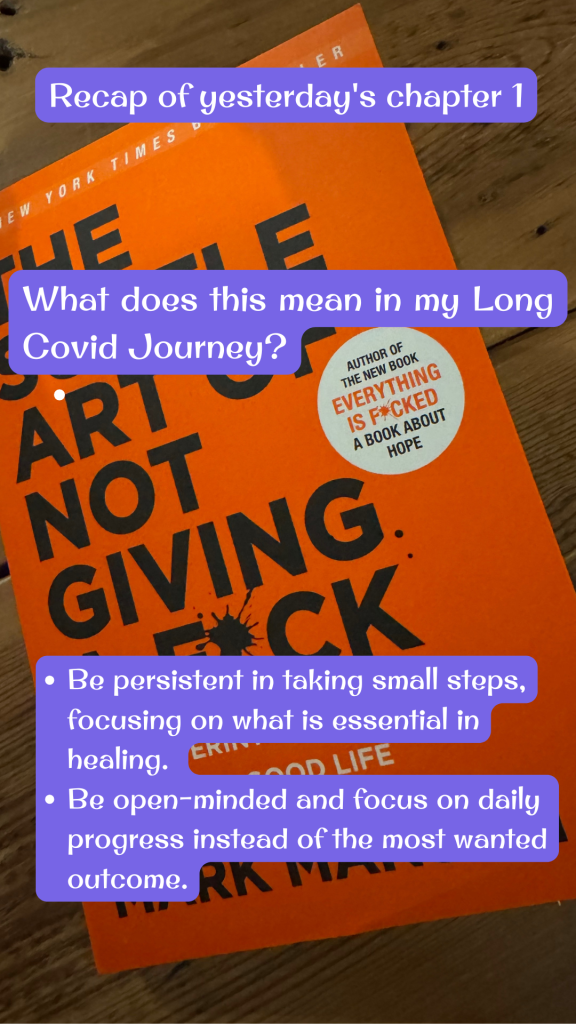Due to Long Covid, I started to experience memory problems. It was alarming when I couldn’t remember what to buy at the supermarket or had forgotten the pages I had read. Also, all the movies on Netflix got opened tabs as I simply forgot what movie I had started watching.
To train my brain better, I started following Jim Kwik, who survived severe brain trauma. I read his book and followed his courses to get my brain back in shape. There is still a lot to improve, yet things started to shift when I began to implement his lessons into my life.
I learned that memory is not just a passive function of the brain but an active skill that can be sharpened through deliberate practice in small steps.
Reading had become a daunting task, and at first, I tried to implement the things in life that I had learned by reading. Doing a recap, an effective way to enhance memory retention was a bridge too far.
Today, I woke up and thought about what I had read the previous day. Surprisingly I was making a recap of the first chapter of Mark Manson’s book “The Subtle Art of Not Giving a Fuck in my mind.
I jumped out of bed to write it all down, afraid to forget all my thoughts. For the first time, after trying for almost four years, I was practicing recapping, and I could name my key takeaways with a reflection on my journey.
My brain consolidates memories better and strengthens my neural pathways associated with that knowledge by practicing this.
Here’s how I implemented this brain-training technique:
Deep Engagement During Reading
I often highlighted key points and made notes in the bylines when reading. I implemented what I had read into my life, which helped me understand and connect with the material and made the content more interactive. A warm welcome in my healing journey.
Set Aside Time for Recap
As reading was already an energy-absorbing activity, a recap was simply too much. Yet, when you take 5-10 minutes to recall and summarize what you learned, you can turn the knowledge into a long-term memory. Write it down, say it aloud, or share it with someone else. These acts of retrieval strengthen memory.
The funny part is that while I couldn’t summarise, information sometimes came up unexpectedly when I found myself reciting lessons I had learned to inspire others. That motivated me to keep trying and reading as I noticed that not being able to summarise didn’t mean that the information wasn’t stored somewhere in my brain.
The Next Level
Identify Gaps
During your recap, note areas where your recall is weak. Revisit those sections in the original material to reinforce your understanding.
Repeat Regularly
Consistency is key. The more you practice this method, the better your brain becomes at organizing and retaining information. This habit does more than enhance memory—it fosters a deeper engagement with knowledge, which helps you build confidence in your ability to learn and recall. Whether studying, reading for pleasure, or absorbing new skills, the recap method is a simple yet powerful tool for training your brain to remember and thrive.



